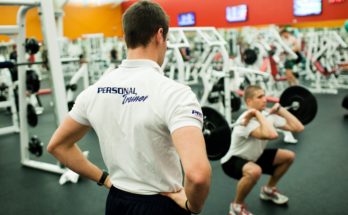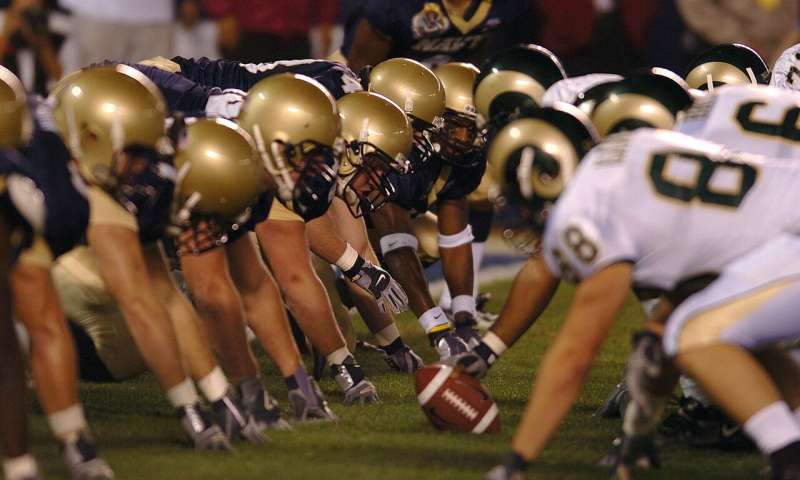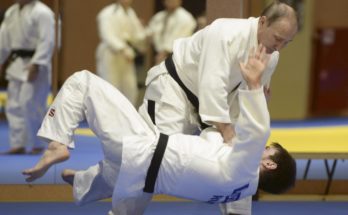Did You Know?
- Only 1 in 3 children are physically active every day.
- Less than 50% of the time spent in sports practice, games, and physical education class involves moving enough to be considered physical activity.
- Children and teens spend more than 7 hours per day on average using TVs, computers, phones, and other electronic devices for entertainment.
- About 1 out of 3 children is either overweight or obese in the United States.
- Overweight teens have a 70% chance of becoming overweight or obese adults.
Getting Started
Parents can play a key role in helping their child become more physically active.
Here are 11 ways to get started:
- Talk with your child’s doctor. Your child’s doctor can help your child understand why physical activity is important. Your child’s doctor can also suggest a sport or activity that is best for your child.
- Find a fun activity. Help your child find a sport that she enjoys. The more she enjoys the activity, the more likely she will continue it. Get the entire family involved. It is a great way to spend time together.
- Choose an activity that is developmentally appropriate. For example, a 7- or 8-year-old child is not ready for weight lifting or a 3-mile run, but soccer, bicycle riding, and swimming are all appropriate activities.
- Plan ahead. Make sure your child has a convenient time and place to exercise.
- Provide a safe environment. Make sure your child’s equipment and chosen site for the sport or activity are safe. Make sure your child’s clothing is comfortable and appropriate.
- Provide active toys. Young children especially need easy access to balls, jump ropes, and other active toys.
- Be a role model. Children who regularly see their parents enjoying sports and physical activity are more likely to do so themselves.
- Play with your child. Help her learn a new sport.
- Turn off the TV. Limit TV watching and computer use. The American Academy of Pediatrics recommends no more than 1 to 2 hours of total screen time, including TV, videos, computers, and video games, each day. Use the free time for more physical activities.
- Make time for exercise. Some children are so overscheduled with homework, music lessons, and other planned activities that they do not have time for exercise.
- Do not overdo it. When your child is ready to start, remember to tell her to listen to her body. Exercise and physical activity should not hurt. If this occurs, your child should slow down or try a less vigorous activity. As with any activity, it is important not to overdo it. If your child’s weight drops below an average, acceptable level or if exercise starts to interfere with school or other activities, talk with your child’s doctor.
Remember
Exercise along with a balanced diet provides the foundation for a healthy, active life. This is even more important for children who are obese. One of the most important things parents can do is encourage healthy habits in their children early on in life. It is not too late to start. Ask your child’s doctor about tools for healthy living today.




